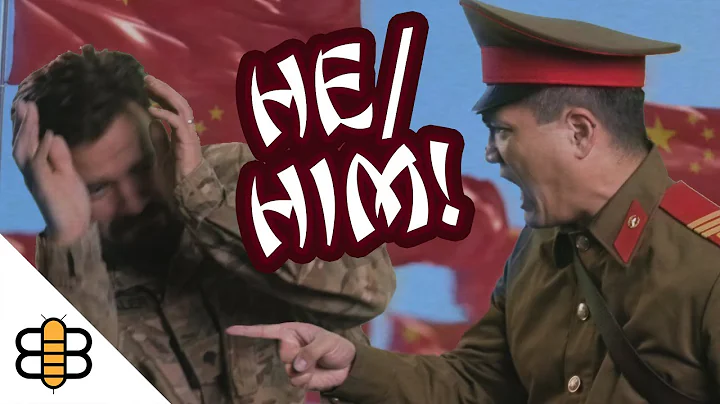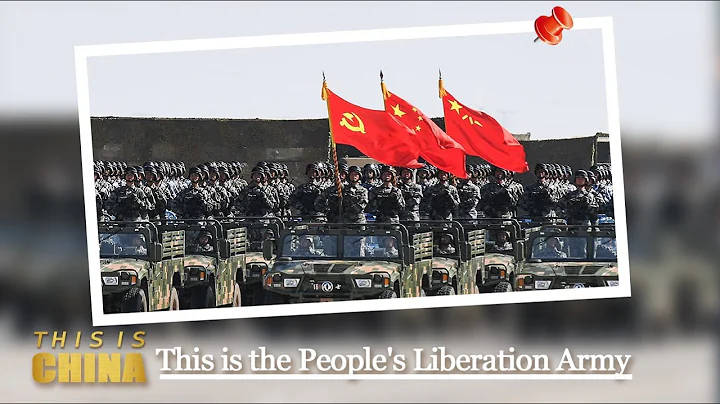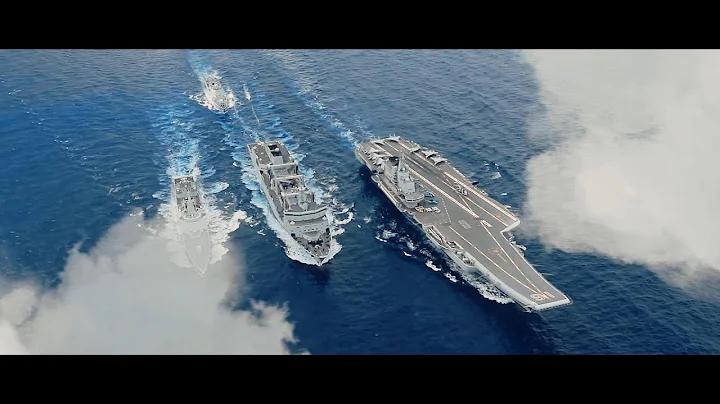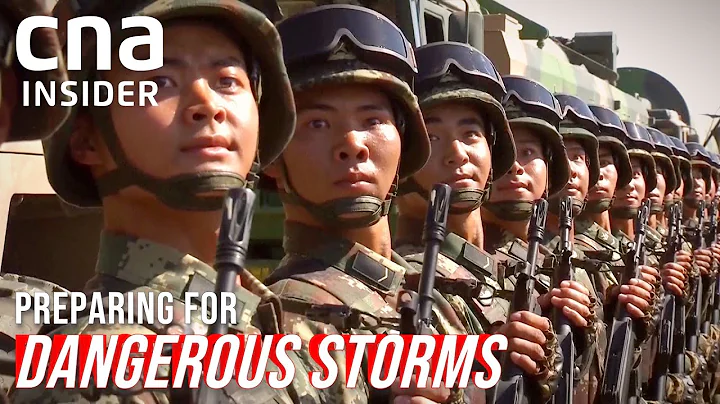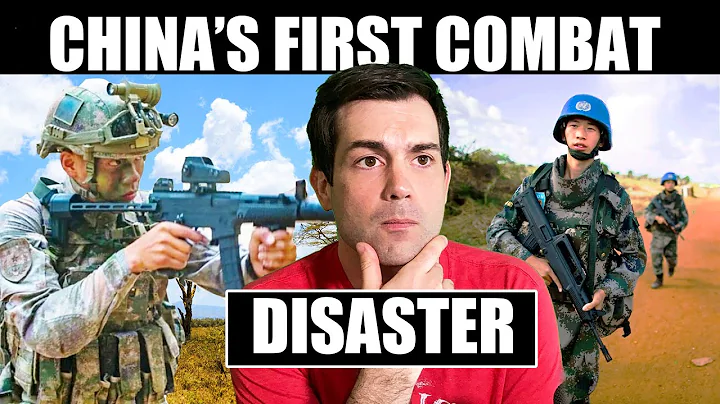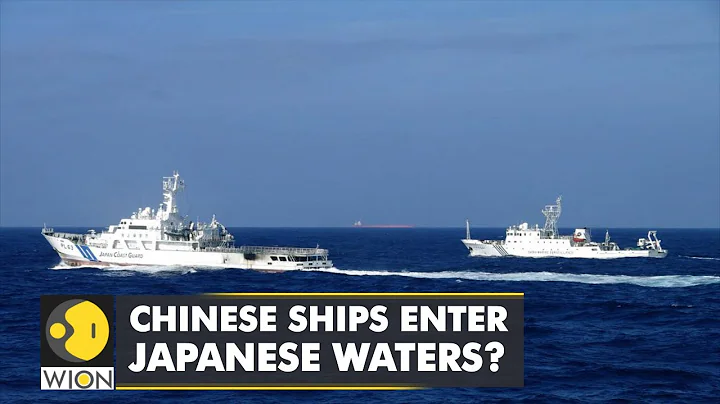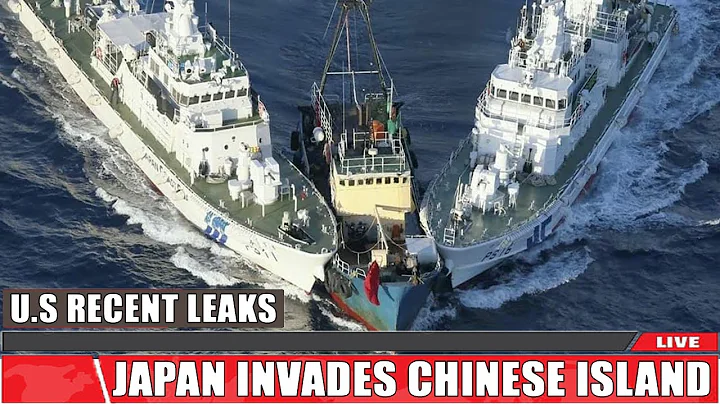Both are the top leaders of the 19th Corps, why are General Luo Ruiqing and General Yang Dezhi? There was an 8-level difference between the two!

The People's Liberation Army has a total of 19 corps. If you count the military and political ranks of the 19 corps, you will find some interesting phenomena:
Among the 19 corps military and political leaders, there is a Marshal of the Republic, that is, the commander and political commissar of the 18th Corps. Xu Xiangqian.
There are three chiefs who have been awarded the rank of general, namely Chen Geng, Xu Guangda and Xiao Jinguang. Their positions are all commanders of the corps. None of the political commissars of the corps have been awarded the rank of general.
Except for Cheng Zihua, all the commanders of the Corps are awarded military ranks. The lowest rank is general, which is significantly higher than the political commissar of the Corps, because the political commissars of the Corps include generals and lieutenant generals, and some political commissars do not have military ranks.
There is another rule: the military rank of the commander of the same corps is either the same as the political commissar, or higher than the political commissar (including the case where the political commissar is not awarded the title), but the political commissar has a higher military rank than the commander, and there is only one special case in the 19th Corps!
19 Corps Commander Yang Dezhi was awarded the rank of general in 1955, but political commissar Luo Ruiqing was a general. This was a unique situation among the 19 Corps. Why does this happen with
? What's so unusual about Luo Ruiqing, political commissar of the Corps, that he has a higher military rank than Commander Yang Dezhi?

Yang Dezhi, a famous general in hundreds of battles, it is not easy to be above him in military rank!
Yang Dezhi is a very famous general in the army. He is from Hunan, and he is a fellow Hunan fellow with Mao Zedong, Liu Shaoqi and Peng Dehuai. As the saying goes, "No army can be formed without Hunan." Yang Dezhi is also considered outstanding among the generals from Hunan.
Yang Dezhi is a famous general in the army. He has served as division commander of the Red Army, commander and acting brigade commander of the Eighth Route Army, commander of the Shanxi-Chahar-Hebei Field Army, commander of the 2nd Corps of the North China Military Region, and commander of the 19th Corps. During the liberation of North China, he In the process of building the Great Northwest , Yang Dezhi made great contributions and is a famous general of the People's Liberation Army.
After the founding of New China, Yang Dezhi was Peng Dehuai's right-hand assistant during the War to Resist U.S. Aggression and Aid Korea, and served as deputy commander of the Chinese Volunteer Army. Especially after Peng Dehuai returned to China, Yang Dezhi became the third commander of the Chinese Volunteer Army.
During peacetime, Yang Dezhi served as Chief of General Staff and Deputy Minister of Defense. He was secretary of the Secretariat of the 11th CPC Central Committee, a member of the Political Bureau of the 12th CPC Central Committee, and a deputy national leader.
Yang Dezhi's most legendary battle stories are the forced crossing of the Wujiang River and the forced crossing of the Dadu River in the Long March. Yang Dezhi performed outstandingly in the famous Pingxingguan victory in the Anti-Japanese War and the Shangganling Campaign to Resist US Aggression and Aid Korea.
It can be said that Yang Dezhi is a banner among the famous generals of the People's Liberation Army. It cannot be said that there are no generals who are more legendary than him, but there are very few.

Why is Luo Ruiqing’s military rank higher than that of Yang Dezhi?
Yang Dezhi was born on January 3, 1911, which is relatively young among the old revolutionaries. The top ten marshals and top ten generals were born no later than 1910.
In terms of academic qualifications, Luo Ruiqing is obviously higher than Yang Dezhi.
Luo Ruiqing graduated from the famous Whampoa Military Academy Sixth Class. This class is full of famous generals, such as the famous anti-Japanese general Liao Yaoxiang, military special agent Dai Li, etc. In addition to Luo Ruiqing, there are also many senior generals of the People's Liberation Army, including those based on seniority Cheng Zihua, who can be rated as a general based on merit, Zhang Zongxun, who is almost rated as a general, and Chen Bojun, the founding general.
Yang Dezhi was born into a blacksmith family. He first worked as a blacksmith in his hometown in Hunan for some years, and later worked as a worker in the Anyuan Coal Mine in Pingxiang, Jiangxi. Because of his family background, Yang Dezhi did not go to school. He was a high-ranking general who realized his talents through military practice.
Of course, none of the above is the reason why Luo Ruiqing has a higher military rank than Yang Dezhi.
In fact, if we compare the growth experiences of Luo Ruiqing and Yang Dezhi, the results will be self-evident.

Luo Ruiqing is a native of Nanchong, Sichuan. He studied under the famous "North Sichuan Saint" Zhang Lan. Among Zhang's students, the most famous are Luo Ruiqing and the Commander-in-Chief of the People's Liberation Army Zhu De.
Luo Ruiqing came to Shanghai in 1928 to work in the Central Military Commission. It was also the same year that he joined the Communist Party of China.Coincidentally, Yang Dezhi also joined the party in 1928.
Luo Ruiqing was a cadre during the Jinggangshan period. He had known and met Mao Zedong as early as the Red Army "Seventh National Congress", but there is no historical data to prove that the two parties had talked; it was not until the "Eighth National Congress" of the Red Army that Mao Zedong was captured by Zhu De and Chen Yi invited the 4th Red Army back to serve as secretary of the front committee. Only this time did Mao Zedong notice Luo Ruiqing. When he learned that Luo Ruiqing was from Sichuan, he said: "Oh, most of the children from Sichuan and Hunan are not tall, but we are all the eldest sons."
This was the first conversation between Mao Zedong and Luo Ruiqing, and Luo Ruiqing's nickname "Luo eldest son" spread like wildfire.
At this time, Luo Ruiqing had rapidly grown into a key general of the Red Army. The following year, he served as the political commissar of the 11th Division of the 4th Red Army. You must know that the 4th Red Army is China's first Red Army team and was co-founded by the "Three Giants of Jinggangshan" Zhu De, Mao Zedong and Chen Yi.
At this time, Yang Dezhi was also in the 11th Division of the 4th Red Army, but at that time, he was only a grassroots cadre, serving as the guard platoon leader.

From the platoon leader to the division-level military and political chief, there are eight levels: platoon leader, deputy company, company level, deputy battalion, battalion level, deputy regiment, regiment level, deputy division, and division level!
In other words, when Luo Ruiqing was already a senior general of the Red Army, Yang Dezhi was just a platoon leader of the army, in charge of twenty or thirty people!
In May 1931, Luo Ruiqing was seriously injured during the second "counter-encirclement and suppression" campaign in . His cheek was penetrated by a bullet and he had to be hospitalized. After being discharged from the hospital, he was promoted to political commissar of the 4th Red Army, and soon became director of the Security Bureau of the 1st Red Army.
At this time, Yang Dezhi's position was rising steadily. At the beginning of the Long March, he was a regiment-level cadre. By the time the victorious Red Army arrived in the northwest, Yang Dezhi was already the division commander of the Red Army and became a division-level cadre, although he was not as high as Luo Ruiqing. , but the distance between the two has gradually narrowed.

From the Shanxi-Chahar-Hebei Field Army to the famous Yang Luogeng Corps!
During the War of Liberation, the two appeared in the same team again.
In August 1945, after the victory of the Anti-Japanese War, Luo Ruiqing and Yang Dezhi were transferred to Nie Rongzhen's Shanxi-Chahar-Hebei Military Region at the same time. Luo Ruiqing served as the deputy political commissar and director of the Political Department of the military region, while Yang Dezhi was the commander of the 1st Column.
In the second year, the Shanxi-Chahar-Hebei Field Army was established, Luo Ruiqing was appointed political commissar, and Yang Dezhi was appointed commander of the 2nd Column.
During this period, Luo Ruiqing's rank was still higher than that of Yang Dezhi, but the difference in their positions in the military was very small.
In June 1947, Yang Dezhi's position in the army was finally "leveled" with Luo Ruiqing. He was appointed as the commander of the Shanxi-Chahar-Hebei Field Army. At this time, the political commissar of the Field Army was still Luo Ruiqing. One of them was the chief military officer, and the other was Political officer , the level is the same.
However, although the two people have the same rank, Yang Dezhi has always respected Luo Ruiqing. At the inaugural meeting, he said this: "Political Commissar Luo is my old superior. When I was a platoon leader, he was my teacher." Political commissar. During the Red Army period, he taught me how to fight. Now I still have to command the troops under the leadership of my old superiors."
And Luo Ruiqing also said that everyone must obey the commander's command.
But judging from various positions, Luo Ruiqing's level is still significantly higher than that of Yang Dezhi.

In the field army, the two men seemed to have the same level.
But when you reach the level of the military region, you can see the difference.
Luo Ronghuan serves as deputy political commissar and director of the Political Department in the Shanxi-Chahar-Hebei Military Region, while Yang Dezhi has no position in the military region. According to the practice of field armies generally belonging to military regions, Luo Ruiqing's rank must be above Yang Dezhi.
At the same time, Luo Ruiqing also served as the deputy secretary of the Shanxi-Chahar-Hebei Central Bureau. This deputy secretary of the Central Bureau is basically the second-in-command of the strategic region, which is similar to the status of Chen Yi in the East China Bureau and Central Plains Bureau , and Luo Ronghuan and others in the Northeast Bureau.
Therefore, Luo Ruiqing still ranks above Yang Dezhi.
In May 1948, the Shanxi-Chahar-Hebei Military Region and the Shanxi-Hebei-Luyu Military Region were merged into the North China Military Region. Luo Ruiqing concurrently served as the political commissar of the 2nd Corps as the director of the Political Department of the military region. The commander of the Corps was Yang Dezhi, and the chief of staff was the famous "civilian and military general." "Geng Biao - this is Yang Luogeng's regiment that frightened the enemy during the Liberation War.
Later, the 2nd Corps was changed to the 19th Corps, and the top military and political commanders were still Luo Ruiqing and Yang Dezhi. At this time, the 19th Corps had been transferred to the First Field Army of China by Mr. Peng to participate in the war to liberate the Northwest. But not long after, the central government issued a transfer order to transfer Luo Ruiqing to Beijing, preparing to serve as the first commander of the Public Security Army, political commissar and minister of public security in New China.
From then on, Luo Ruiqing went to Beijing, and Yang Dezhi embarked on the long journey to the west.

In 1955, the central government awarded titles to the entire military, and Yang Dezhi became one of the 55 founding generals.
Luo Ruiqing is one of the ten generals, ranking eighth after Zhang Yunyi, acting commander of the New Fourth Army, and before Wang Shusheng, deputy commander-in-chief of the Red Fourth Front Army.
At that time, Yang Dezhi, the highest military officer and commander of the famous Yang Luogeng Corps, was a general, but Luo Ruiqing, the highest political officer and political commissar, was a general!
In fact, the reason is very simple. There are only two reasons. One is that Luo Ruiqing's position and qualifications are higher than Yang Dezhi. From the above analysis, it can be seen that Yang Dezhi's position was never higher than that of Luo Ruiqing at any time. Even when the two were "tied", Luo Ruiqing was higher than Yang Dezhi from the perspective of the military region or the Central Bureau. .
There is another very important reason, and it is also a reason that people tend to overlook, and that is the position at the time of awarding the title.
This factor has a great influence. For example, Nie Rongzhen was the commander of the North China Military Region, but he was ranked behind Xu Xiangqian, the deputy commander of the North China Military Region when he was awarded the title. The main reason was that Xu Xiangqian was the chief of general staff when he was awarded the title, while Nie Rongzhen was only the deputy chief of staff. , acting as the Chief of General Staff.
At the time of the award, Yang Dezhi was at the corps level, so there was no problem at all in awarding him the rank of general.
Luo Ruiqing’s rank is one level higher than that of Yang Dezhi. In the rating in March 1952, Luo Ruiqing was a member of the Military Commission - this is the rating of 1952, which is different from the rating of 1954. The member of the Central Military Commission in 1954 was already a marshal. standards.
Moreover, Luo Ruiqing was the commander and political commissar of the Public Security Army at the time. Because of the importance of the public security army, it also became a strong endorsement for Luo Ruiqing to be awarded the rank of general !
Luo Ruiqing and Yang Dezhi are a very interesting combination: both have served as chiefs of general staff, Luo Ruiqing was the last general to serve as chief of general staff, and 21 years later, Yang Dezhi also became the last to serve as chief of staff with the support of Deng Xiaoping The founding general who held the post of Chief of General Staff.
